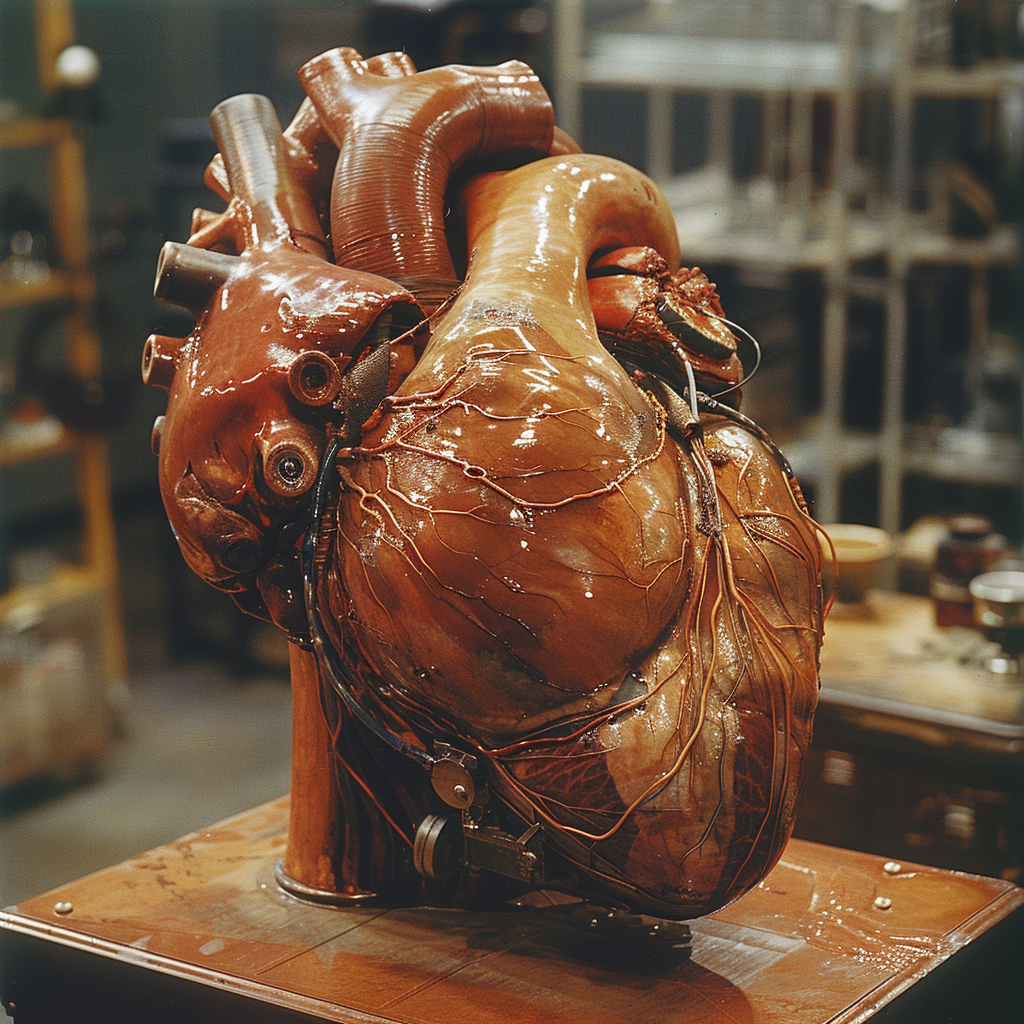1969: The First Artificial Heart Implant
In the field of cardiovascular medicine, the year 1969 holds a special place in history. It was on the 4th of April in that year when Dr. Denton Cooley, a pioneering heart surgeon, made medical history by performing the first artificial heart implant in a human patient. This groundbreaking procedure marked a significant milestone in the treatment of heart disease and opened new avenues for medical innovation.
A Temporary Measure to Extend Life
The implantation of the first artificial heart was a remarkable achievement that showcased the potential of medical science to extend life in the face of terminal heart conditions. The artificial heart served as a temporary measure, keeping the patient alive until a suitable donor heart could be found for transplantation.
This procedure was particularly crucial because, at that time, the availability of donor hearts was scarce, and many patients with end-stage heart disease had limited options for survival. The successful implantation of the artificial heart provided hope for those patients who were in dire need of a life-saving intervention.
A Pioneering Surgeon
Dr. Denton Cooley, the surgeon behind this historic achievement, was a visionary in the field of cardiovascular medicine. He was the founder of the Texas Heart Institute and dedicated his career to advancing the treatment of heart disease.
Dr. Cooley’s expertise and innovative spirit led him to explore new frontiers in cardiac surgery. His pioneering work in heart transplantation and artificial heart implants revolutionized the field and saved countless lives.
Impact and Legacy
The first artificial heart implant in 1969 had a profound impact on the field of cardiovascular medicine. It paved the way for further advancements in the development of artificial hearts and other mechanical devices to support failing hearts.
Since then, numerous breakthroughs have been made in the field of cardiac assist devices, leading to the development of more sophisticated and effective artificial hearts. These devices have become a lifeline for patients awaiting heart transplantation, providing them with a chance to survive while they wait for a suitable donor organ.
Furthermore, the first artificial heart implant served as an inspiration for researchers and scientists, fueling their determination to find innovative solutions for heart disease. It demonstrated that with dedication, perseverance, and a commitment to pushing the boundaries of medical science, it is possible to overcome seemingly insurmountable challenges.
References:
1. https://www.ncbi.nlm.nih.gov/pmc/articles/PMC6409444/
2. https://www.ncbi.nlm.nih.gov/pmc/articles/PMC3677000/
3. https://www.ncbi.nlm.nih.gov/pmc/articles/PMC2855023/
The references provided above contain further information on the historical significance of the 1969 first artificial heart implant and its impact on the field of cardiovascular medicine.

